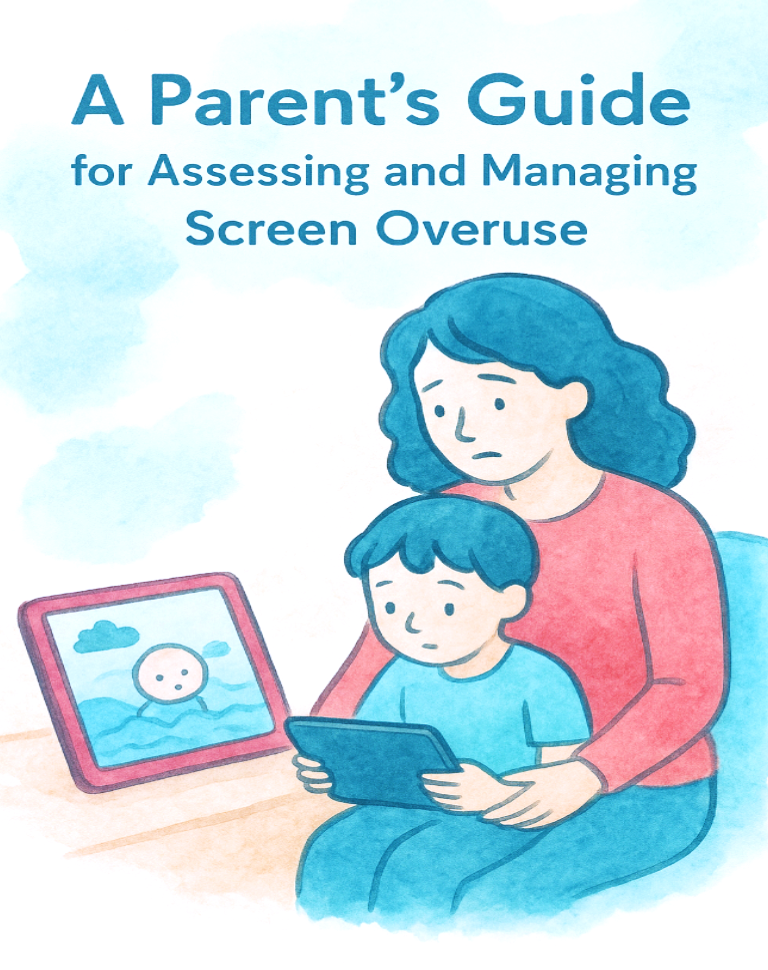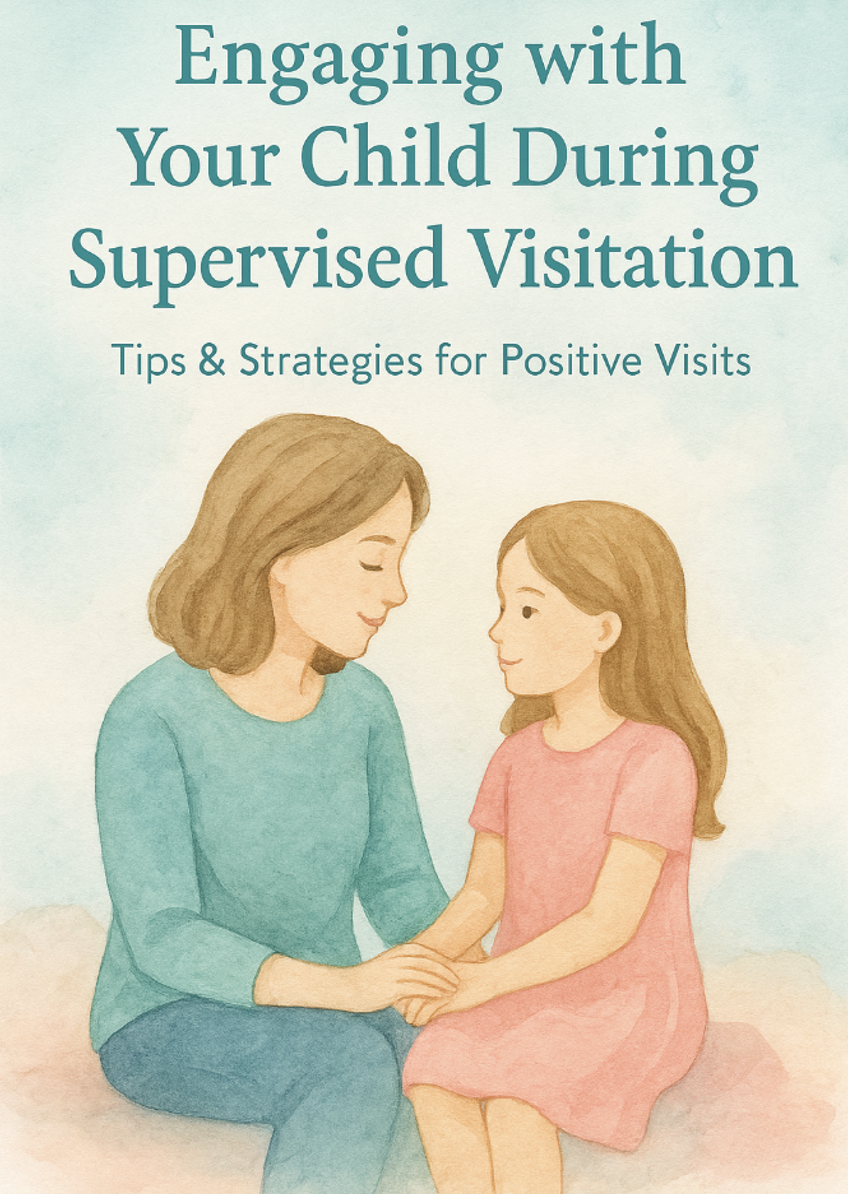Resources
Emergency Resources
If you or someone you know is in immediate danger, call 911 or go to the nearest urgent care or hospital emergency center. For immediate help during a mental health or emotional crisis, consider the following resources:
National & Local Crisis Support
Crisis Text Line: Text “HOME” to 741741 for free, 24/7 confidential support in English and Spanish with a trained crisis counselor.
988 Suicide & Crisis Lifeline: Call or text 988 for immediate help with mental health or substance use crises. Available 24/7 nationwide, including the DMV area.
Child & Family Support
Childhelp National Child Abuse Hotline
Call 1-800-4-A-CHILD (1-800-422-4453) or text “4ACHILD” for 24/7 confidential support in over 170 languages. ChildhelpNational Domestic Violence Hotline
Call 1-800-799-SAFE (1-800-799-7233), text “START” to 88788, or chat online at thehotline.org for 24/7 support. The Hotline
🏳️🌈 LGBTQ+ Support
Trevor Lifeline
Call 1-866-488-7386 or text “START” to 678-678 for 24/7 crisis support for LGBTQ+ youth.Trans Lifeline
Call 1-877-565-8860 for 24/7 peer support for transgender individuals.
Local Crisis Services
Washington, D.C.:
Access HelpLine
Call 1-888-793-4357 (1-888-7WE-HELP) for 24/7 support and referrals to behavioral health services.Community Response Team
For psychiatric emergencies or trauma, call 202-673-6495 anytime.
Maryland:
Montgomery County Crisis Center
Call 240-777-4000 or visit 1301 Piccard Drive, Rockville for 24/7 crisis services.Maryland 988 Helpline
Call 988 for statewide mental health crisis support.
Virginia:
CrisisLink (Northern Virginia)
Call 703-527-4077 for 24/7 crisis support.Virginia 988 Suicide & Crisis Lifeline
Call 988 for 24/7 mental health crisis support.
Local Community & Social Services
Free Digital Downloads
Raising and supporting children comes with unique joys and challenges. This space is here to offer accessible, thoughtful, and practical tools, whether you’re a parent, therapist, educator, or caregiver. From navigating new diagnoses to handling everyday struggles like screen time, transitions, or big feelings, these resources are designed to help you better understand and support the kids in your care.
Disclaimer: These materials are provided for educational and informational purposes only and are intended to support parents, caregivers, and professionals. They do not constitute therapy, medical advice, or a diagnosis, nor do they establish a therapeutic relationship. Use of these materials does not replace consultation with a qualified healthcare or mental health professional. While every effort has been made to ensure accuracy, the author makes no guarantees regarding outcomes associated with the use of this content.









